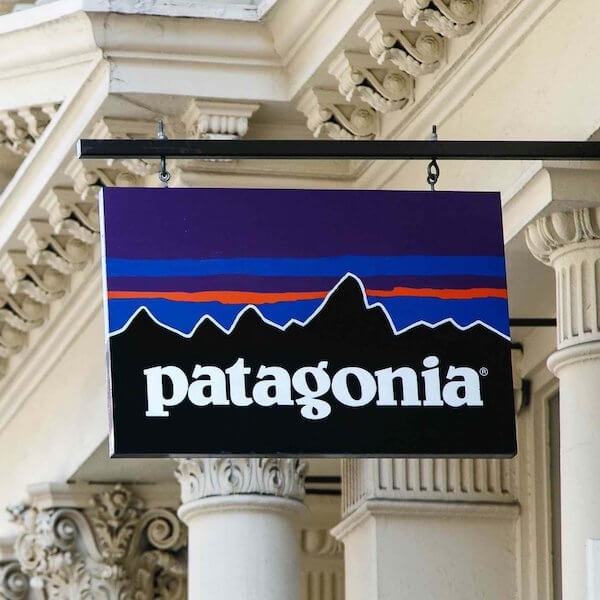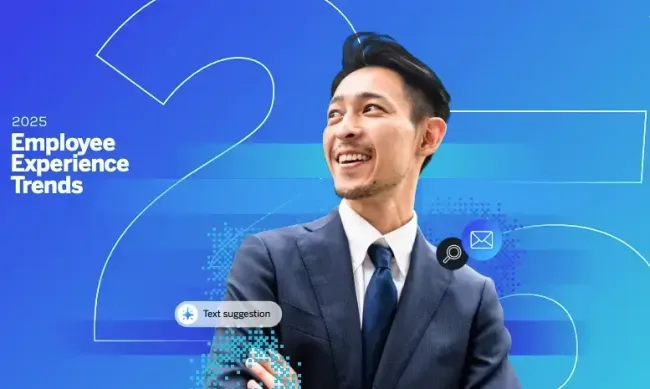Intro
Doing things differently doesn’t have to mean re-inventing the wheel. In fact, one of the most popular Patagonia employee benefits is one they’ve had since 1983 - free, on-site childcare.
But despite having been in place for 30 years, free on-site childcare remains a relative rarity elsewhere. In fact, just 9% of companies offer it — that’s the same number of employers that allow dogs on campus.
“It’s the greatest regret of my career, not pushing this harder,” says Dean of his career in HR.
“In 15 years of being a head of HR, I thought of it like a benefit equivalent to a health club or something like that. And I’ve realized there is no benefit that’s equivalent,” he says.
“Every study that has ever been done on this points to healthier children, healthier parents, better relationships between parents and children, better gender parity on pay, better gender parity in opportunity and more women in management,” he says.
“Even for the people who don’t have kids — you bring your best self to work around children. Everything about this is positive."
“There is no greater benefit you can give to your working families and to the rest of the organization than on-site child care. Period.”
Doing things differently in HR
Patagonia is renowned for doing things differently throughout the business, in fact, one of its core values is that it’s ‘not bound by convention’ — one it stayed true to recently when it banned firms who don’t share those values from buying its co-branded vests, choosing instead to focus on partnerships with Certified B Corporations - companies that commit to responsible business practices that benefit the planet. And Dean’s philosophy on HR is no different.
“Patagonia is a cause disguised as a company,” he says. “You’re working for a deep mission, and the way you think about HR is different."
“The philosophy is," he explains, "‘we’re going to run this company like we’ll be around for a hundred years’. When you think like that, the decisions you’re making about employees and about their children — as if those are going to be your employees for a hundred years and perhaps their children and their grandchildren will be your employees for a hundred years — you’re going to think about HR differently.”
Thinking differently means aligning Patagonia’s HR programs to the company’s mission ‘to save our home planet.’.
For example, If an employee is arrested protesting in support of the environment, Patagonia will pay for bail. When nursing moms travel, Patagonia pays for the nanny and the baby too.
‘Those are not difficult decisions for Patagonia,” says Dean. “They’re just in line with the culture.”
Technology is the enabler for employee experience
Patagonia’s mission may be all about protecting the natural environment, but they’re not afraid to turn to technology to stay on track.
Every year, the team at Patagonia asks employees seven questions about how strongly they feel the leadership team is living their values. It’s more than just a sense check for them too - so all in on their mission are they that the leadership team’s bonuses or long-term incentives depend on it.
“Before technology, things happened in the dark. We had no idea what was going on.”
says Dean.
Patagonia plans to continue using digital feedback to understand its employees better than ever, giving the company’s leadership the kind of breakthrough insights that help them walk the talk and build the kind of culture he hopes will encourage generations of families to join the mission.
It’s not about just giving feedback though —it’s about asking for feedback.
“We’ve learned that when you give someone unsolicited feedback, basically nothing happens,” he says. “But if you request feedback, the person you request it from is more likely to request feedback themselves. They’re likely to request feedback from three other people. So to create generosity around feedback, don’t encourage people to give feedback; encourage people to ask for feedback.”
Digital feedback has not only made a big difference to the HR team at Patagonia, but at a personal level for employees, and Dean is keen to highlight the personal impact in order to foster a culture where people opt-in, rather than dictate that they must take part.
“We’ve learned that people who are giving feedback digitally are a lot more likely to hit their goals and objectives, and they actually get a 20% higher bonus than people who aren’t engaging in digital feedback.
“And I can share that with the organization. I don’t just tell them, “Hey, 62% of you are giving feedback. We need to get that to 75%.” I say, “If the person next to you is giving and getting digital feedback and you’re not, they’re more likely to get a larger bonus than you. That’s just a fact.”
For Dean and the team at Patagonia, the human side of HR is still vital, something he says the technology is enabling, rather than hindering.
“There’s a big fear that using technology will replace face-to-face communication,” he says. “What we’ve discovered, though, is that digital feedback actually increases face-to-face conversation. People say, “Thank you so much for that feedback” when they see you in the hall.”
This interview appeared previously as part of a Q&A with Dean Carter, CHRO of Patagonia.
Get the ultimate HR reading list



